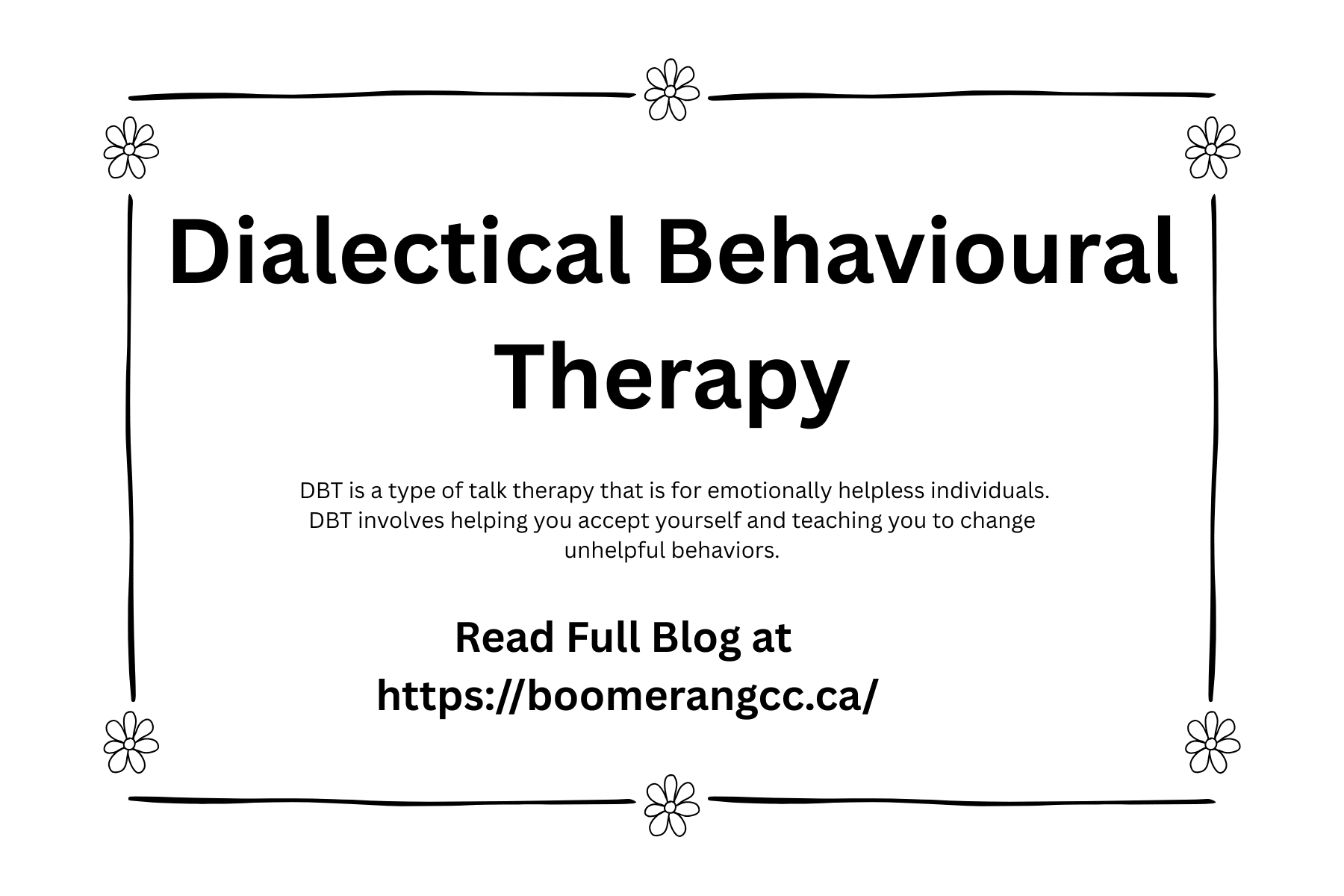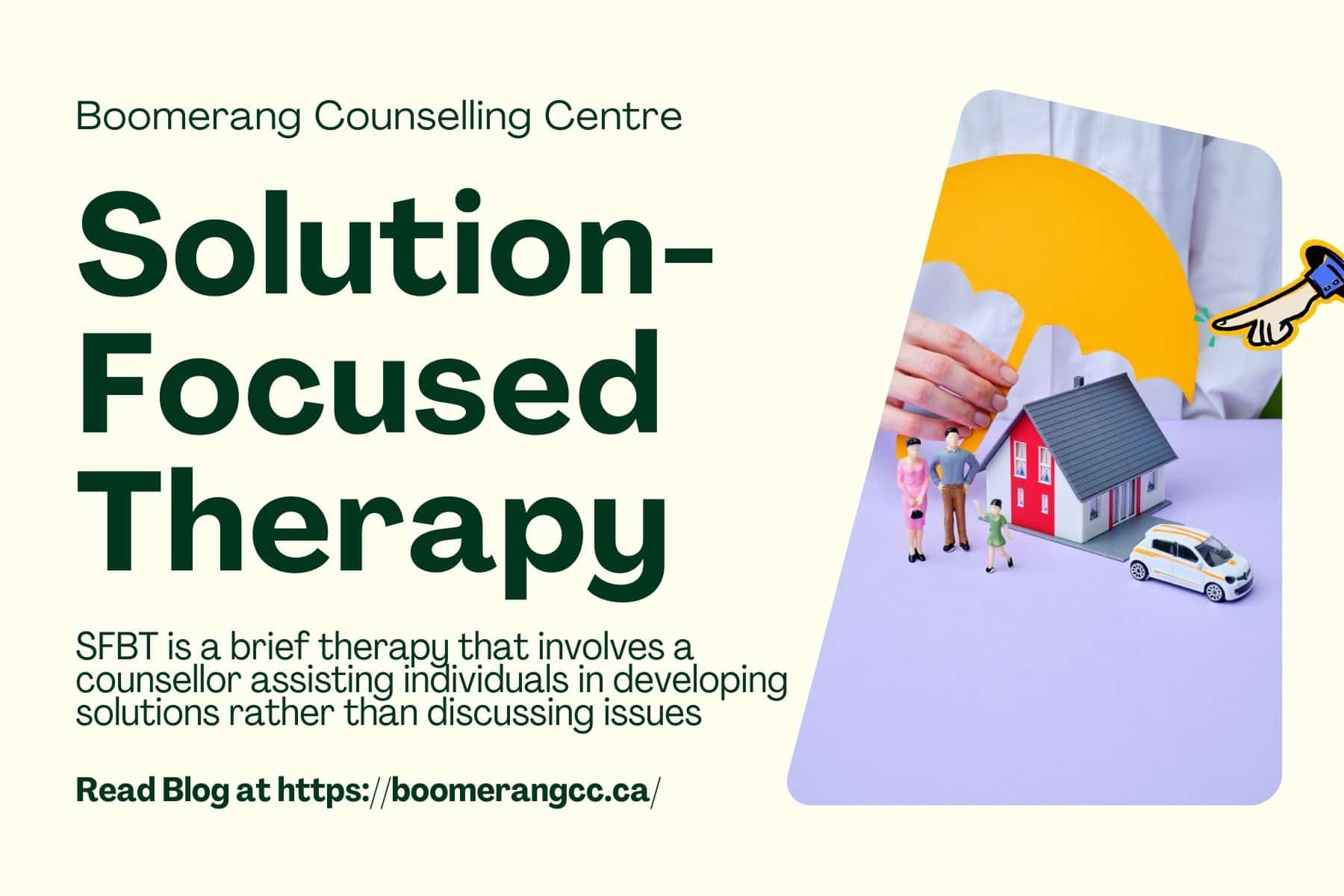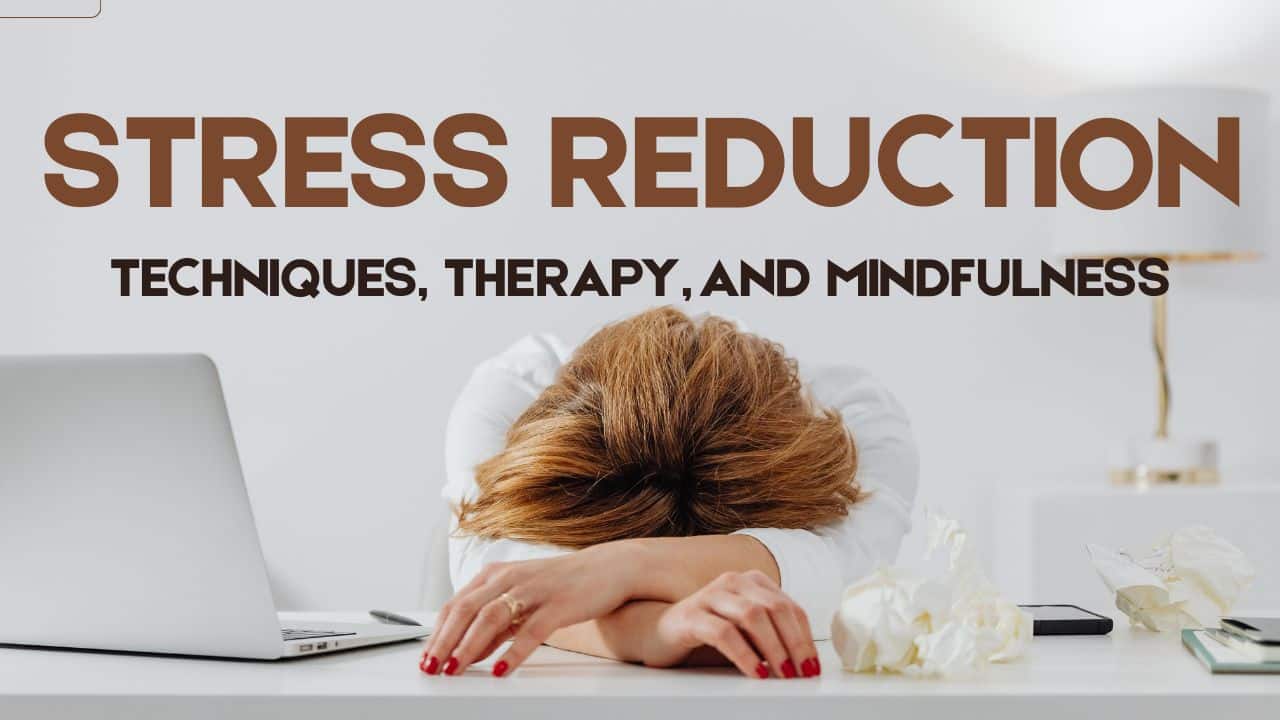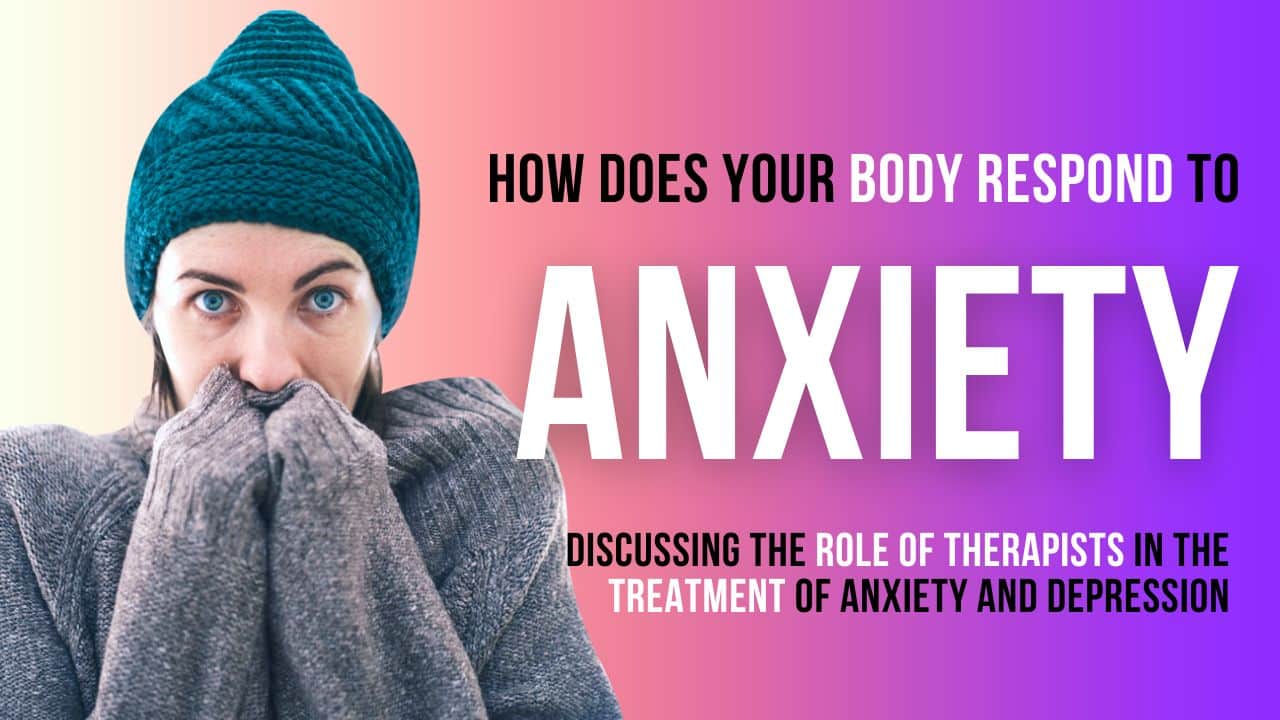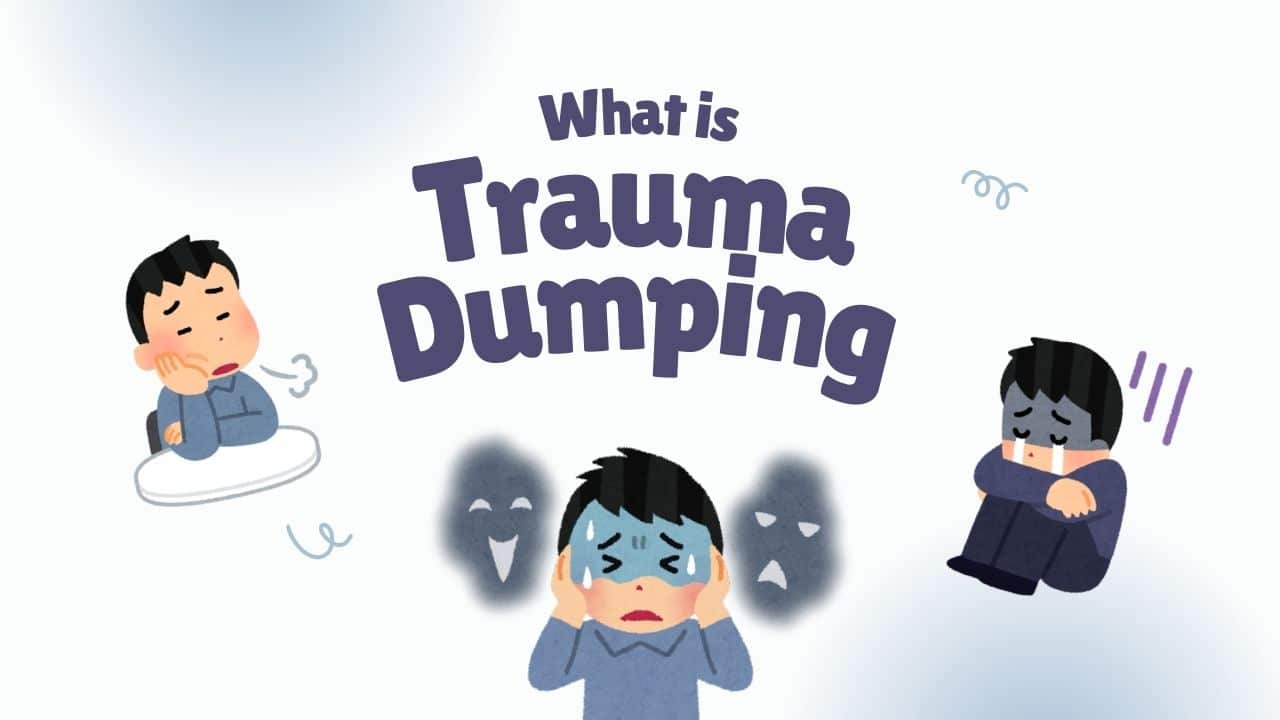Trust is an important part of any healthy relationship. Lack of it makes partners fret, feel lonely, or uncertain, irrespective of whether they are in a long-distance relationship or just living together in the same home. Trust is an experience that is, in most cases, earned with time. But due to its unique nature, it is harder to repair damaged trust. This article outlines straightforward steps to build trust and rebuild broken trust. It also explains how counselling, particularly relationship counselling, can help.
What is Meant by Building Trust in a Relationship?
Trust involves the fact that you have faith in your spouse to tell the truth, be honest, and dependable. Trust in a relationship signifies the belief that you feel safe to express yourself with your partner.
You wish your partner to honour promises and to have a sense of respect for your boundaries. Trust in a relationship is formed by small words and actions which are done out of pure affection for your loved one, without any hidden intention or suspicion. It is little things put together. But remember, it’s a two-way expectation; your partner also requires the same from you.
Also Read About: Can Couples Therapy Save Relationships?
How to Build Trust in a New or Ongoing Relationship
The best way to build trust in a relationship is by depicting crystal clear and kind habits. The key is to set realistic expectations for your partner. In a relationship, it is best not to promise anything which you can’t fulfil. But along with that, you have to be responsible for at least the fundamentals of maintaining a commitment to your better half. As such, small and consistent acts of care develop trust.

● Talk Honestly
Be cool in expressing. Simple phrases (even brief). Try to speak up for what you can and what you wish, but don’t be too blunt. Trust builds when both partners communicate and listen.
● Be Reliable.
Mean it what you said. Don’t change your plans or ruin your partner’s expectations. When things happen and life is hectic, send a text message. Take note of the situation so you won’t repeat it next time. The reliability makes you mindful of the time and feelings of your partner. And in return, naturally, your partner appreciates that you value them.
● Be Mindful About Privacy
A respectful relationship requires some respectful boundaries and awareness of personal space. Do not snoop through your partner’s phone or messages. You can, but always ask first. A kind and best practice for a relationship is to respect boundaries when it comes to money, space, friends and family.
● Express Kindness and Respect Every Day.
Not just verbal, but your body language counts. Express kindness and show respect through small, thoughtful gestures, such as a kind word, a cup of tea, or a warm hug. Respect means simply treating others with dignity, even when you are exhausted or angry.
● Be Transparent About Your Past
Talk calmly about it, in case you have hurt yourself. Tell your partner about your specific fears or things you would rather avoid between you and them. As you confess your fears, you can listen to your partner’s thoughts on your concerns, which helps develop trust further by sharing your extremely personal feelings.
● When Wrong, Apologise!
An honest apology makes you understand that you have hurt someone. Just say you are sorry, say what you will do to make it better and prove that you will change. It is not enough to say you are sorry once; you need to be able to act as such as well.

● Be Grateful and Cherish your Life Partner.
Notice the small efforts made by your partner. A “thank you” usually makes both people in the relationship feel secure and noticed. When couples feel appreciated, they develop trust.
How to Rebuild Trust After It is Broken
Restoration of trust is a delicate process that partners should work on together. It does not happen fast, though it can be done.
● Accept Your Fault
The first step is to clarify what happened. The two parties need to discuss the incident calmly and respectfully about the event that broke the trust. The person who caused harm should listen without defending too much. Attentive listening is a very critical step.
● Show Genuine Regret
A person who has broken trust should express genuine regret. Apologizing sincerely should be followed by accepting responsibility and moving beyond the idea of defending. The offending partner must demonstrate awareness of the pain caused to the other partner by their actions.
● Establish a Clear Purpose of Change
The next step is to establish a clear sense of purpose for change. A trust betrayer should clearly outline their intended behaviour after the incident.
Such a plan should be practical to show you mean it. An example scenario is that secret messages could be the issue; both parties can agree to share their phone passwords or habits from now on. And in case lying about money would betray trust, have a new plan for shared bills and receipts.
● Show Consistency by Your Actions.
Show consistency with your actions. Trust begins to recover as your partner notices the positive behaviour and your persistent attitude towards never repeating the mistake that caused trust to break. One good deed cannot solve it all. Well then, do the right things over and over again. The consistency of that will work as baby steps towards healing the trust process.
Stay consistent. Fear or doubt is likely to last long in the hurt partner. This is natural. The partner who broke trust must remain calm and restrained. Avoid anything that might hurt the spouse anymore.
● Rebuild Emotional Connection
Have lunch together, take a stroll, and enjoy each other’s company over a meal. Emotional intimacy is the next step to revive the relationship and rebuild trust.
Key Factors to Rebuild Trust in a Relationship
Some of the things which may help restore trust include:
- Take small and consistent efforts towards reviving the trust.
- Never lie, even when it is difficult.
- Keep to agreements and promises. If you say you will do something, do it.

When to seek Counselling or Relationship counselling to Build Trust in a Relationship
To a great extent, one can be helped by counselling. A professional counsellor or couples therapist provides a secure place to speak, mediate difficult conversations and provide helpful skills. Counselling can be utilised in the following cases:
- The same skirmishes recur.
- Either one of the partners is extremely insecure or hurt, and the process of healing is very slow.
- You are unable to agree to clear changes or plans.
- Partners are having a massive conflict over cheating or bank account secrets.
- You need help in cultivating some new skills, such as communication, anger management, or boundary setting.
A professional counsellor helps the couple to talk and to listen. They help in realistic goals and planning. They also impart knowledge on such things as reflective listening, time-outs, and fair fighting rules. A relationship counsellor also encourages every individual to consider their role in these issues.
You can Also Read About: How to Fix a Broken Relationship
How Relationship Counselling Can Help in Rebuilding Trust Between Partners
Relationship counselling normally begins by discussing the problem together with the partners. This will be achieved through questions that the counsellor will ask to gain a deeper understanding of each perspective.
There are times when the counsellor might meet with you and your partner together, and other times alone. The most important task is to teach you learn how to address new ways of talking without harming one another.
Communication skills can be imparted through counselling. As an example, to say loving feelings without any restraint of blame, and to truly listen.
You will get the practice on how to mend after fights. Repair can be observed as backtracking to apologize and express how you care about someone, and do a little good deed soon after an argument.
Tools such as time-out, which are used in cases of high emotions, are also taught by counsellors. They assist you in coming up with clear, fair contracts. The counsellor may set homework, such as small tasks to execute outside the office, e.g., daily 10-minute check-ins.
Good counselling will re-establish trust inch by inch. It gives order and outside locus to a rowdy time. It also helps individuals overcome past hurts and build trust in a relationship.
How Long Does Trust Take to Recover?
That, of course, depends on the case severity and on a person whose trust has been broken. A regular effort can take months or even a couple of years to restore trust. Serious betrayals, such as consistent infidelity or huge lies, take a very long time.
Months or years can be spent implementing trust. It all depends on gradual transformation and diligent, straightforward effort on the part of both partners.
Signs that You are Succeeding in Rebuilding Trust in a Relationship
There can be both minor and major indications that trust is recovering. The minor clues include the reduction in questions about the individual’s whereabouts, the more relaxed discussions about money, and the decreased use of checking phones.
Some of the key indicators are that your partner can now express deeper emotions again, contemplate the future together, and feel safe enough to be vulnerable.

Final Words
Honesty, reliability, kindness and patience are the four pillars to build back a broken trust. A genuine effort to rebuild trust is necessary from a partner who has broken it. Counselling can be highly beneficial in teaching skills and facilitating challenging discussions.
At Boomerang Counselling Centre, we offer in-person counselling in North Vancouver or online to partnerships looking to rebuild trust in their relationship. You can book online or inquire more through our website here: www.boomerangcc.ca.
Trust needs to be rebuilt, and it cannot take very long, provided there is step-by-step action and patient communication, couples will be able to build a better, more mature relationship.

